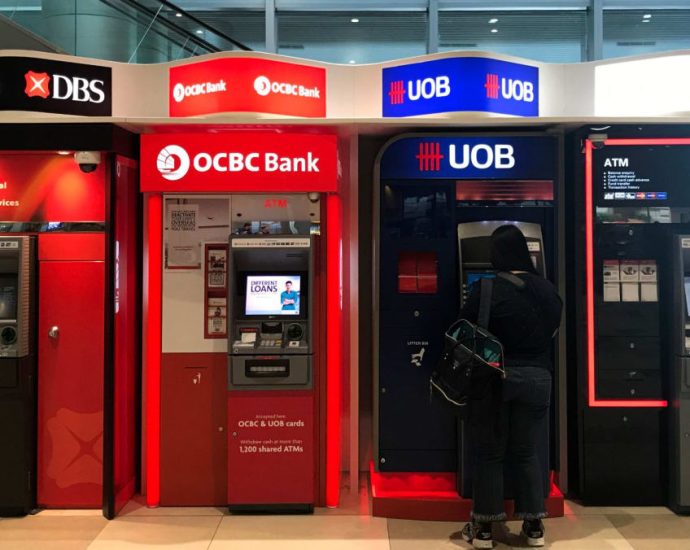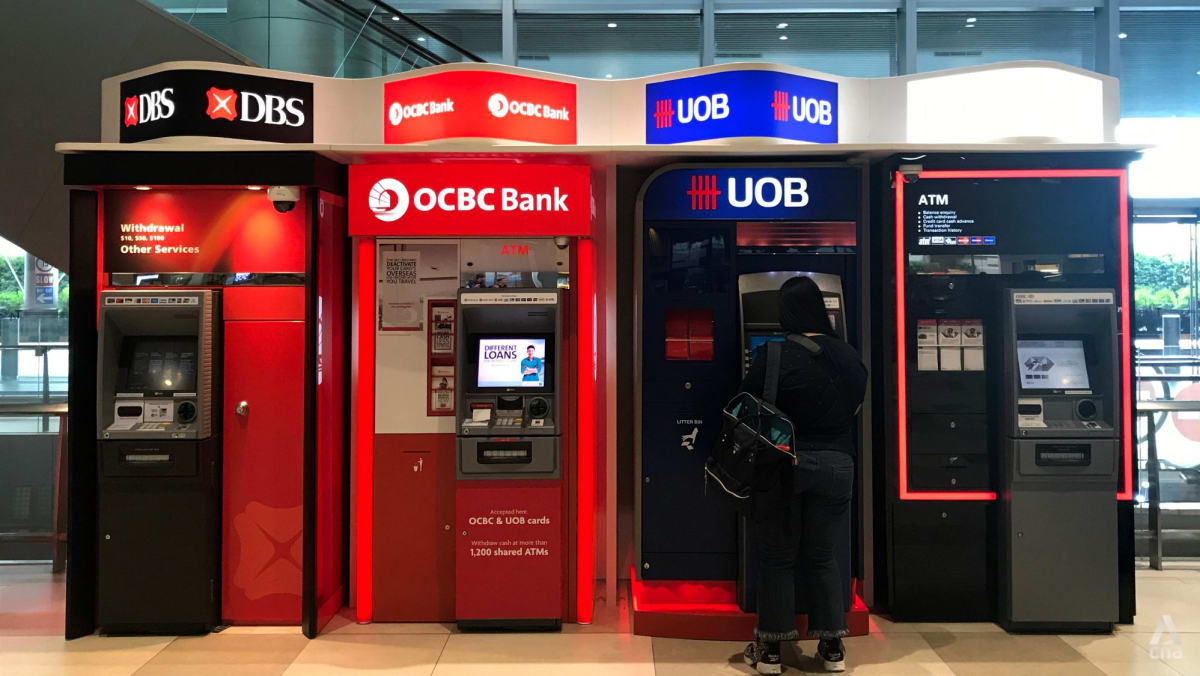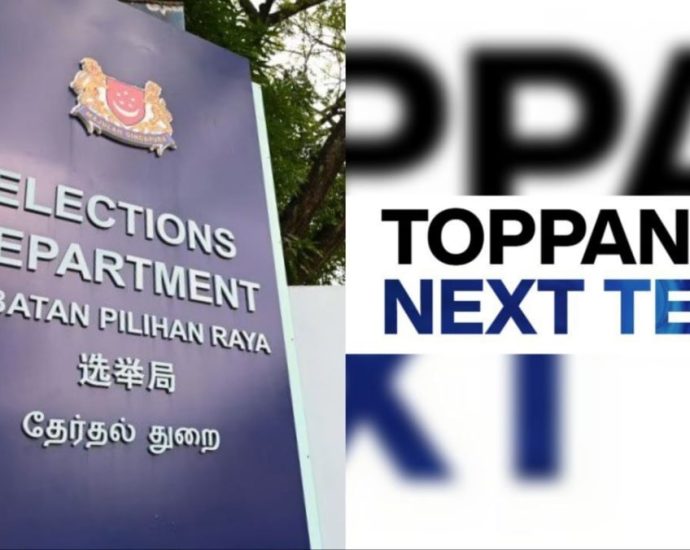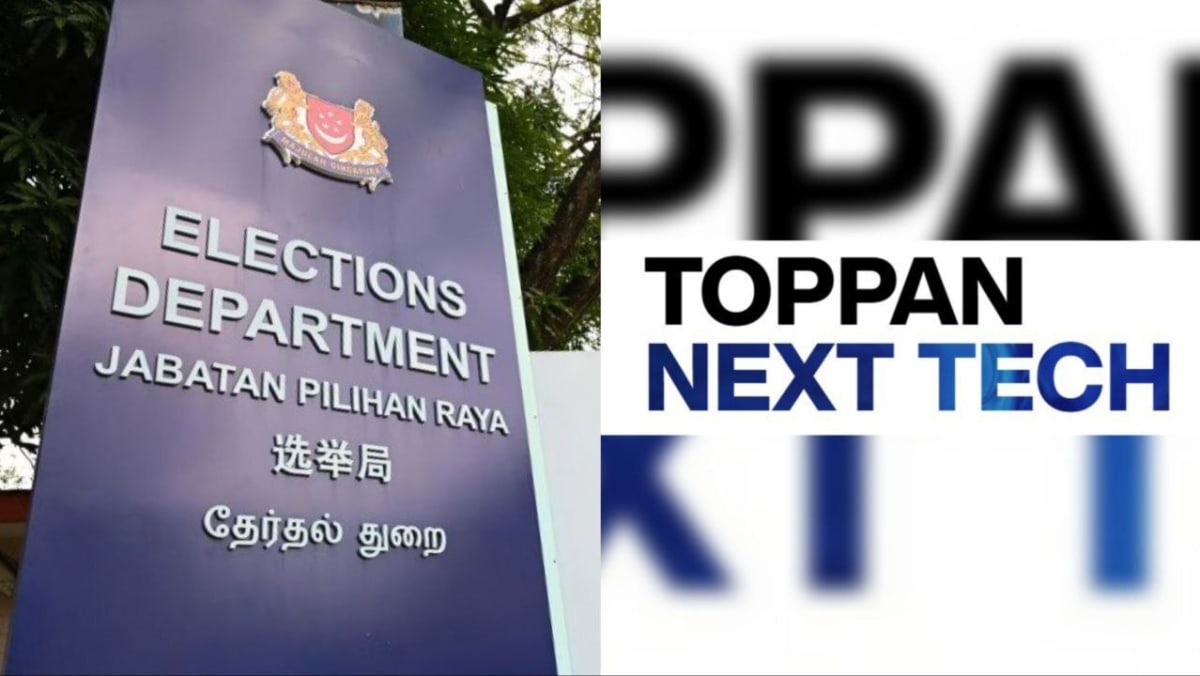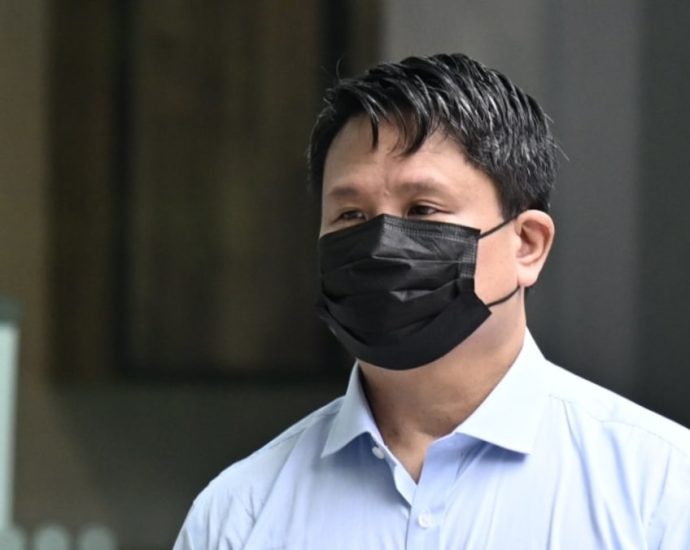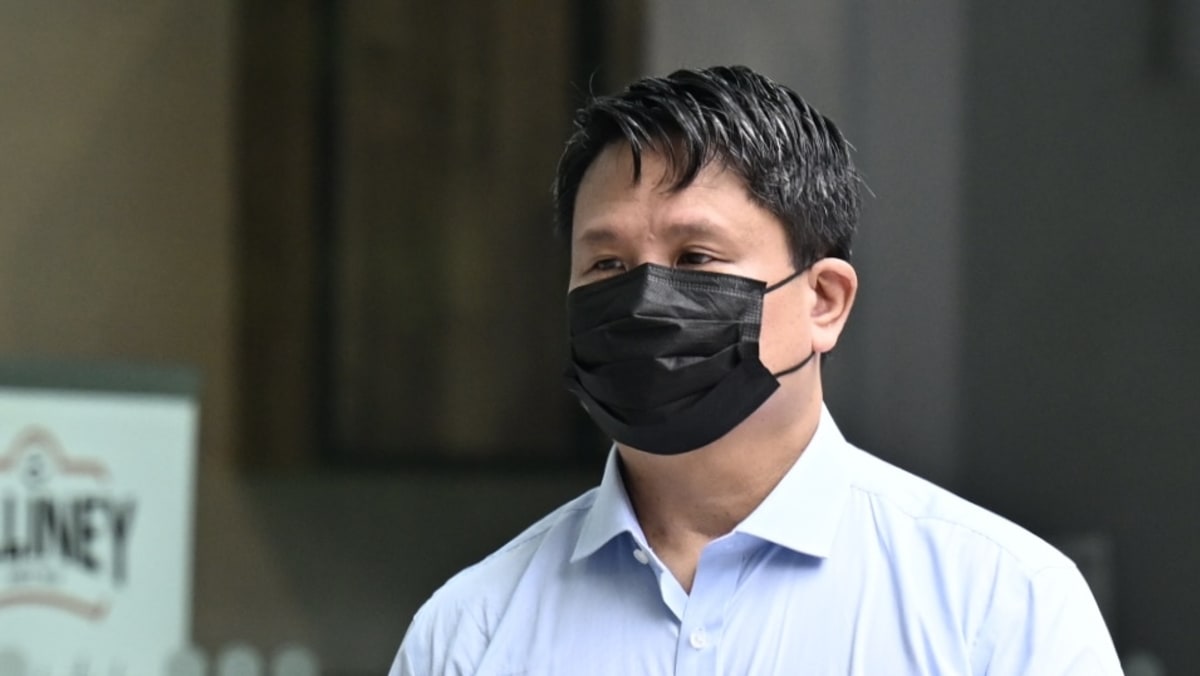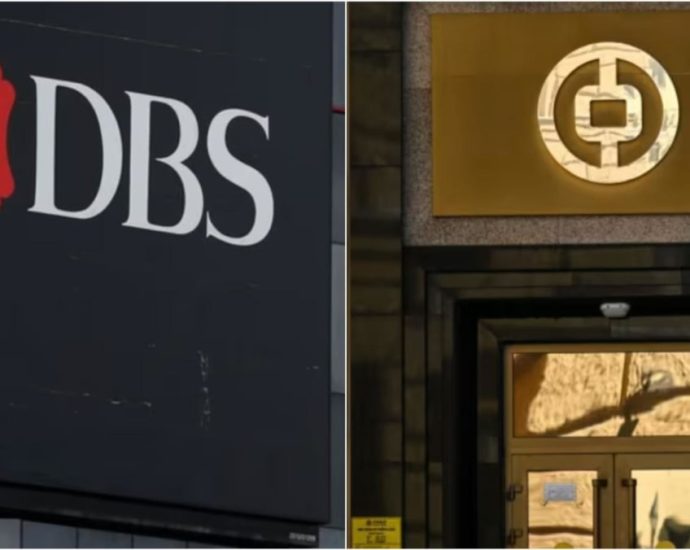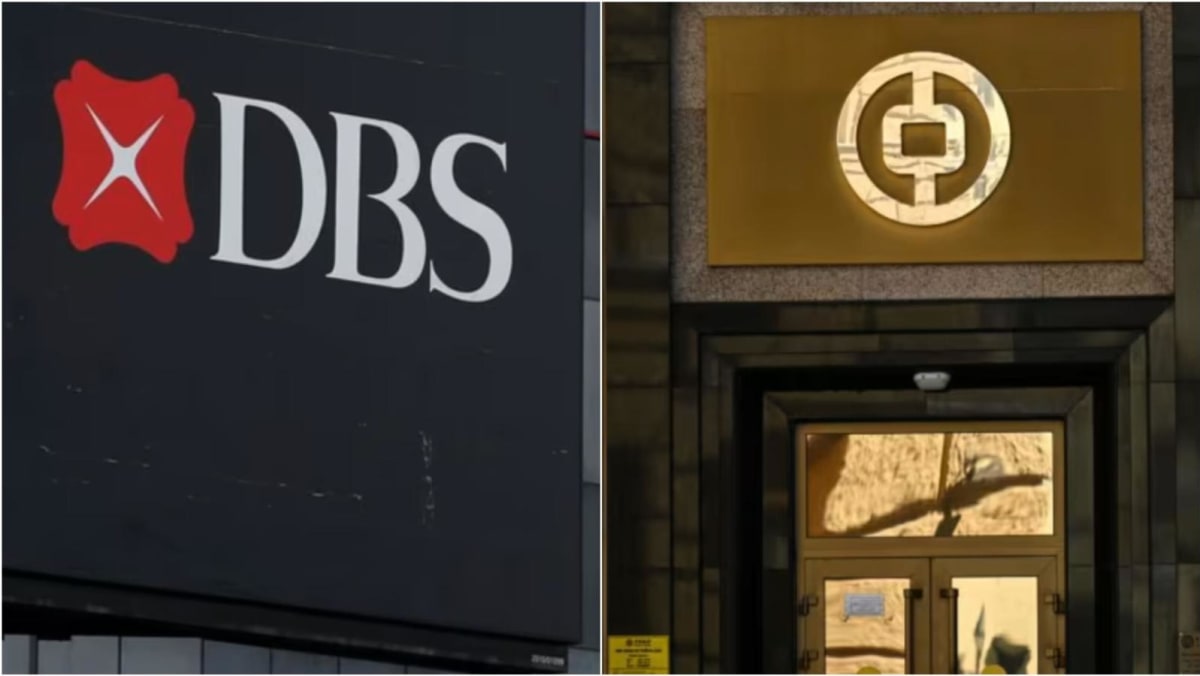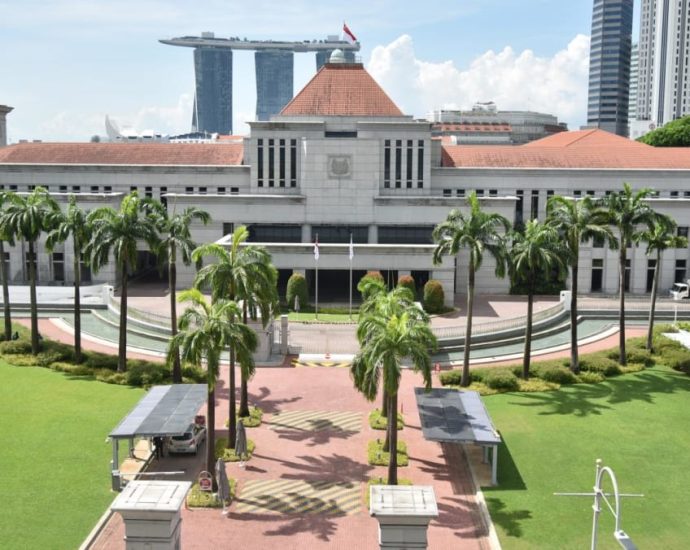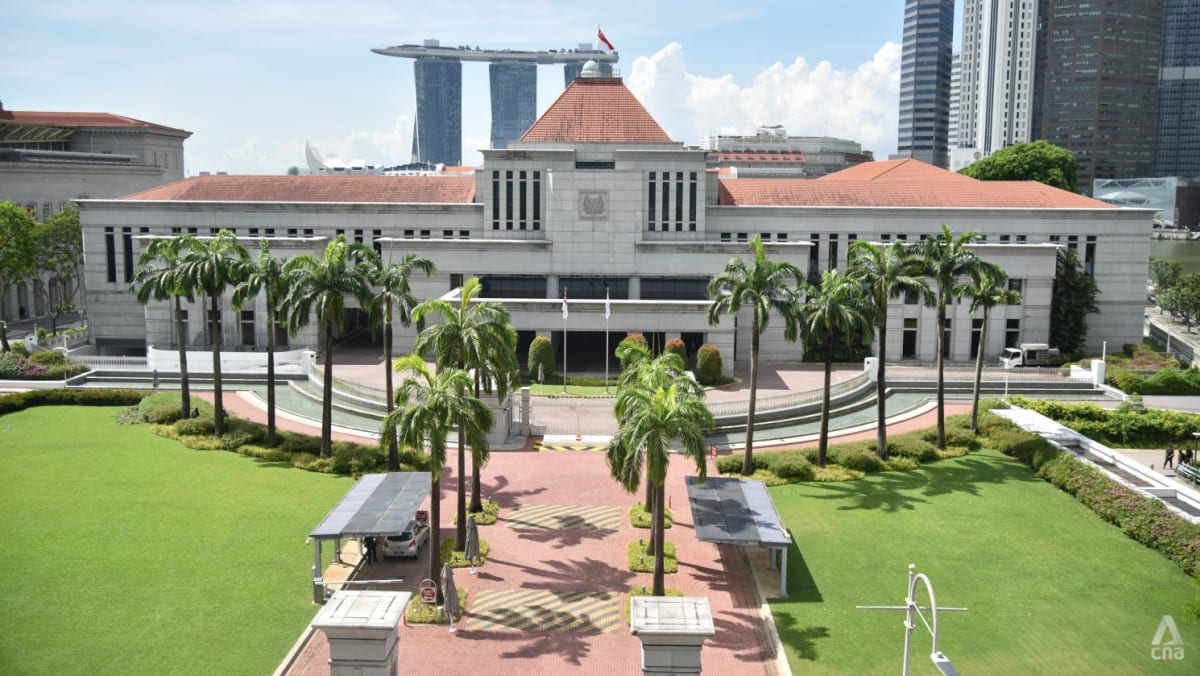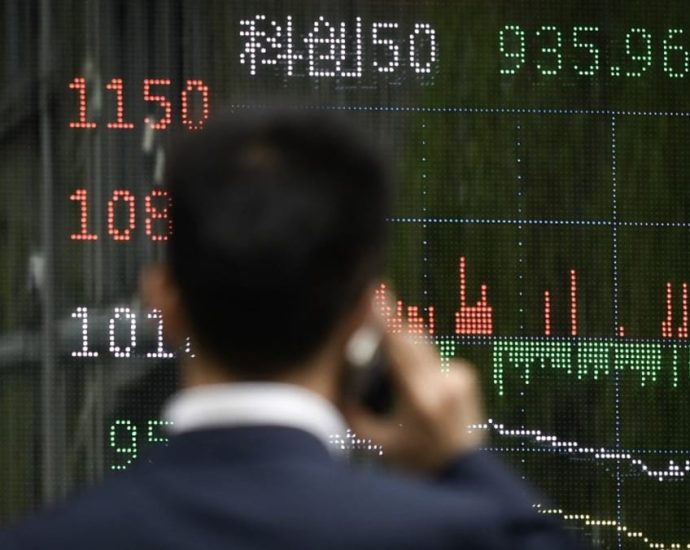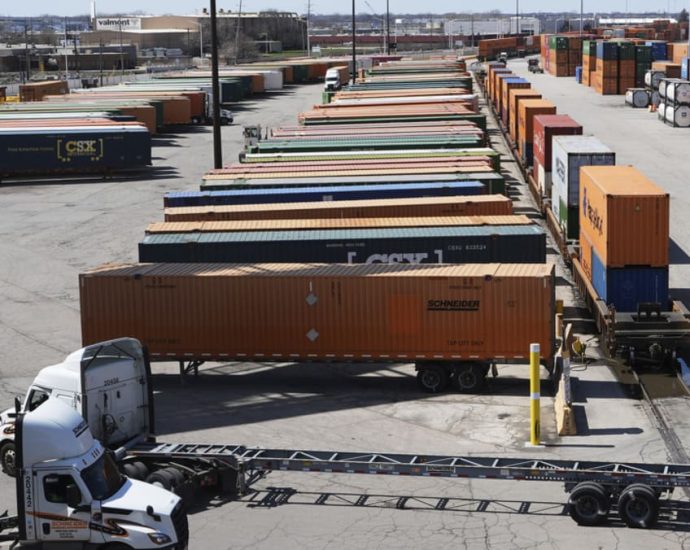The real bond vigilantes hounding Trump are Asian – Asia Times
TOKYO – The dollar extended its biggest plunge in three years on Friday after China raised tariffs on the US to 125% from 84%, a tit-for-tat step that has gold surging, markets everywhere gyrating and investors more uncertain than ever about the global economic and financial outlook.
It’s now US President Donald Trump’s move. Does the Trump 2.0 White House double down and increase its own tariff rate, now at 145%, on Asia’s biggest economy? Trump, after all, has threatened before a 200% levy on certain Chinese products.
Perhaps most interesting about this week is what global investors learned about the Trump 2.0’s pain threshold. Punters learned – to their horror – that Trump is willing to stomach epic stock market losses but not telltale signs of distress in the bond market.
Posterity will show that it wasn’t the US Congress, the judiciary or voters that forced the US president into a more relational tariff policy. It was bond traders.
In Asian trading hours on April 9, the so-called “bond vigilantes” pushed the yield on 30-year US Treasury bonds above 5%, Bloomberg reported. That — and memories of events from the mid-1990s, mid-2000s and the Silicon Valley Bank bust in 2023 — saw Trump beat a hasty and rare retreat on most tariffs.
Yet it’s concerns about the next round of vigilantes to take on the Trump White House that made him blink: Asian central banks.
Central banks in the region hold roughly US$3 trillion of US Treasuries, with Japan and China, the top holders, sitting on a combined $1.9 trillion. If they were to start selling on a significant scale, who could pick up the slack? Other than the largest global banks buying steadily, arguably no one.
That’s why chatter in bond trading pits this week that Japan, China and other Asian monetary authorities might be selling so alarmed top US Treasury Department officials. For years, traders feared China might dump its trove of US T-bills in retaliation against US sanctions and restrictions. That day may have arrived.
China, after all, has an incentive to show that “it won’t hesitate to cause turmoil in the global financial market in order to improve its negotiating power against the US,” says strategist Ataru Okumura at SMBC Nikko Securities.
Reporting was that dire warnings from household name financiers like Jamie Dimon of JPMorgan Chase & Co broke through the Trumpian bubble.
The years Treasury Secretary Scott Bessent spent working in hedge fund circles came in handy. For all Trump’s public bluster, another Long-Term Capital Management-like crash could have been catastrophic for global markets and the US economy.
LTCM’s 1998 collapse was partly due to surging Treasury debt yields. Triggering a repeat in 2025, with Trump’s tariffs upending all asset classes and China flirting with deflation, could make the 2008 Lehman Brothers crash look tame by comparison.
Yet the risk that Trump’s policies might repel Asian central banks is growing by the day. This threat is imparting a unique leverage point for the Bank of Japan, the People’s Bank of China and other top Asian monetary authorities.
Asia’s main leverage over Washington right now is bonds, currencies and trade in services. This latter category refers to America’s deep dependence on Asian markets for exports of financial services, technology and intellectual property.
The mechanics of Trump’s tariff-heavy trade war suggest an imperfect understanding of the US economy’s Asia-related vulnerabilities.
Bond traders, the kinds that take matters into their own hands when a government’s policy mix seems out of whack, are all over the debt and currency realms.
“The bond vigilantes have struck again,” says Ed Yardeni, founder of Yardeni Research, who coined the phrase. “As far as we can tell, at least with respect to US financial markets, they are the only 1.000 hitters in history.”
Even though “the stock vigilantes were clearly telling President Donald Trump that his tariff policy was misguided late last week, his advisers touted falling oil prices and bond yields as ultimately helping Main Street America,” Yardeni notes. “That changed as the 10-year Treasury yield surged.”
Yardeni has been a keen observer of this phenomenon for decades. In 1983, Yardeni said, “bond investors are the economy’s bond vigilantes. … So if the fiscal and monetary authorities won’t regulate the economy, the bond investors will. The economy will be run by vigilantes in the credit markets.”
A decade later, James Carville, then a strategist for US President Bill Clinton, made his famous observation about how he’d like to be reincarnated as the bond market. “You can intimidate everybody,” he quipped.
This was back during balanced-budget negotiations. At the time, debt investors were hypersensitive to the slightest hint, good or bad, about zigs and zags in Washington’s fiscal policy debates.
Today, as the US national debt approaches US$37 trillion, Asia has very valid reasons to worry about Washington’s fiscal health. Trump’s Republican Party, for example, is angling for another multi-trillion tax cut that could hasten the path to the $40 trillion national debt mark.
At the same time, disarray in Congress has lawmakers playing politics over the debt ceiling and funding the government even more so than in 2011. That was the year S&P Global Ratings yanked away Washington’s AAA credit rating.
That market-rattling step came two years after then-Chinese Premier Wen Jiabao voiced concern about Washington’s trustworthiness to safeguard vast Chinese state wealth sitting in dollars. Wen was particularly worried about the scale of bailouts amid the Lehman Brothers crisis.
“We have made a huge amount of loans to the United States,” Wen said in 2009. “Of course, we are concerned about the safety of our assets. To be honest, I am a little bit worried.” He urged Washington “to honor its words, stay a credible nation and ensure the safety of Chinese assets.”
At the time, the US debt was less than $12 trillion, two-and-a-half times lower than when Fitch Ratings downgraded the US in 2023. Today, Moody’s Investors Service is mulling whether to maintain Washington’s last AAA rating with the US debt three times what it was in 2009.
There are long-standing fears that Chinese leader Xi Jinping’s government might dump dollars as a retaliation play against Trump’s tariffs, now at 145% after a series of escalations.
It would be a Pyrrhic victory, of course. Any surge in borrowing costs would boomerang back China’s way as US households suddenly consume less.
Nor would it be in Beijing’s interest if global investors decided the US budget deficit is a train wreck in slow motion. The potential contagion effects could make the 2008 Lehman Brothers crisis seem tame by comparison.
Even so, Xi’s Communist Party may have calculated that the US has far more to lose in the event of a Global Financial Crisis 2.0. China pulling the plug now would catch US markets decidedly off-balance, amplifying the fallout.
In 1997, then-Japanese Prime Minister Ryutaro Hashimoto admitted to a New York audience that “several times in the past, we have been tempted to sell large lots of US Treasuries” to make a point. One such episode was the heated auto negotiations a few years earlier.
This time, the intrigue involves the Trumpian turmoil already on full display.
“Why is this happening?” Yardeni asks. “Fixed-income investors may be starting to worry that the Chinese and other foreigners might start selling their US Treasuries.” The bond market, he adds, worries “the Trump administration may be playing with liquid nitro.”
Count the ways this White House might damage the dollar’s credibility and the perceived sanctity of Treasuries, the linchpin of global finance.
They include: sticking with an inflationary tariffs arms race; meddling with the Federal Reserve’s independence; neutering the Internal Revenue Service; and seeking trillions of new tax cuts that Trump World assumes Washington’s Asian bankers will dutifully finance.
This last assumption is highly dubious considering reports Asian central banks are already limiting their exposure to the US. But eyeing Trump’s exploits — which could easily imperil America’s credit rating — from 7,000 miles away is causing serious anxiety among Asian policymakers.
One irony is Asia watching Trump’s government do many of the things the US chastised Asia for a quarter of a century ago. Back in 1997-98, when Hashimoto was spooking bond traders, US officials were counseling Bangkok, Jakarta, Kuala Lumpur, Manila and Seoul against crony capitalism, oligarch-dominated economic systems and extreme opacity.
Now it’s Asia’s turn to watch Washington torch its once-vaunted financial institutions with bewildering speed. This has policymakers busily gaming out how Trump’s tariffs and general erraticism might upend their economies. For now, it seems the trauma that Trump has delivered to stocks might be less than it will be for debt.
“Though stocks rose following Trump’s pause, Treasury yields haven’t fully recovered from the sharp moves of earlier this week, reflecting some potential damage to the US economic brand,” notes Ian Bremmer, president of Eurasia Group.
“The dollar has continued falling, too. The political ramifications of this are potentially more widespread than any market drops, as the higher yields make it more difficult for small businesses to access loans, with knock-on effects for the US economy,” Bremmer said.
The ways Trump is imperiling US growth as alarm bells ring about a possible recession would normally cheer debt markets. But given the inflation fallout from tariffs, bond traders are viewing Trump 2.0 policies dimly.
Markets worry the Trump administration has “arguably shown a greater tolerance for causing a recession than many might have thought,” notes Thomas Mathews, head of Asia-Pacific markets at Capital Economics. But the bond-market fallout is forcing Team Trump to turn tail.
The question is when the biggest of the bond vigilantes – central banks – start actively selling Treasuries. Japan and China are Washington’s biggest bankers, followed by the UK, Luxembourg, Cayman Islands, Belgium, Canada, France, Ireland, Switzerland, Taiwan and Hong Kong.
If markets got a whiff of any of their central banks either aggressively selling debt or just halting new purchases, the result could be bedlam in global credit markets. If Trump understands this risk, he’s done little to demonstrate it to the Asian central bankers who effectively hold the deed to the US economy.
Follow William Pesek on X at @WilliamPesek


